Enhancing Quality of Life
How Mobility Assistance Can Enhance Independence for the Elderly
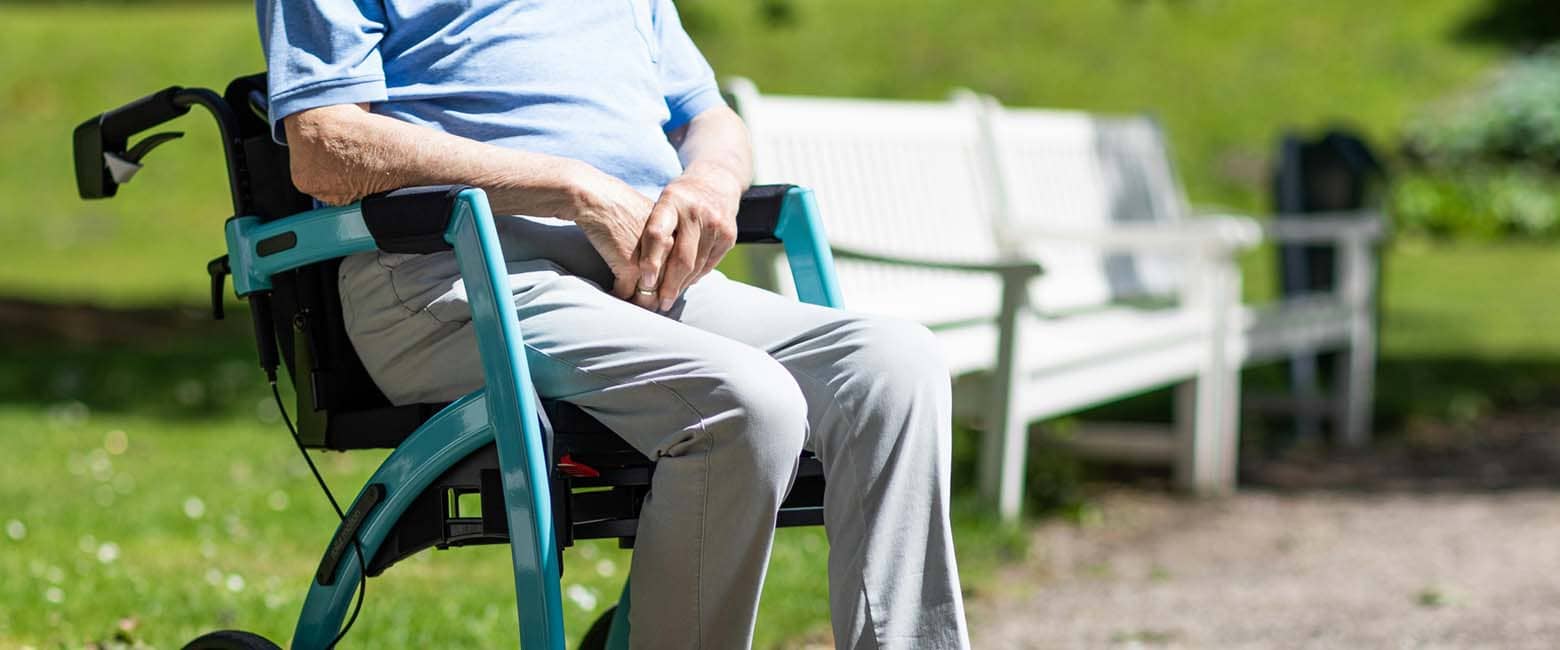
As people age, maintaining independence becomes a critical concern. Mobility assistance for elderly individuals plays a vital role in enhancing their ability to live independently, safely, and comfortably. The right mobility aids and services not only improve physical capabilities but also boost mental well-being and overall quality of life.
The Importance of Mobility Assistance for the Elderly
Mobility assistance for elderly people encompasses a wide range of devices and support systems designed to help seniors move around more easily and safely. These can include walkers, canes, wheelchairs, motorized scooters, and home modifications like stair lifts and grab bars. The primary goal is to prevent falls, a common and serious risk for senior citizens, while enabling them to perform daily activities with greater ease.
Physical Benefits
1. Enhanced Safety: Mobility aids reduce the risk of falls and related injuries, which are among the leading causes of hospitalization for elderly individuals.
2. Improved Physical Health: Regular movement is crucial for maintaining muscle strength, joint flexibility, and cardiovascular health. Mobility assistance devices encourage seniors to stay active.
3. Pain Reduction: Proper use of mobility aids can alleviate strain on joints and muscles, reducing pain associated with arthritis and other conditions.
Mental and Emotional Benefits
1. Increased Independence: Being able to move around independently boosts self-esteem and confidence, reducing feelings of helplessness and dependence on others.
2. Social Engagement: Mobility assistance allows elderly individuals to participate in social activities, visit friends and family, and engage in community events, combating loneliness and isolation.
3. Mental Health: Physical activity and social interaction have positive effects on mental health, helping to reduce symptoms of depression and anxiety.
Comprehensive Care for Senior Citizens
Providing mobility assistance is just one aspect of comprehensive care for senior citizens. It’s essential to address all facets of their well-being, including physical health, mental health, and social needs. Caregivers and healthcare providers should work together to create a personalized care plan that incorporates mobility aids, regular health check-ups, nutritious meals, and opportunities for social interaction.
Choosing the Right Mobility Aid
Selecting the appropriate mobility aid is crucial for maximizing benefits. Here are some considerations:
1. Individual Needs: Assess the specific mobility challenges and overall health condition of the elderly person.
2. Professional Guidance: Consult with healthcare professionals, such as physical therapists or occupational therapists, to determine the best mobility aid.
3. Trial and Adjustment: Allow for a trial period to ensure the device is comfortable and meets the user’s needs. Adjustments may be necessary for optimal use.
Conclusion
Mobility assistance for elderly individuals is a cornerstone of enhancing their independence and quality of life. By investing in the right mobility aids and comprehensive care for senior citizens, we can ensure they lead fulfilling, active, and safe lives. The benefits extend beyond physical health, positively impacting mental well-being and social engagement, ultimately contributing to a happier, healthier aging process.
Keyword Count
- mobility assistance for elderly: 6
- care for senior citizens: 4
Related
-

Insurance is key to inclusion
-
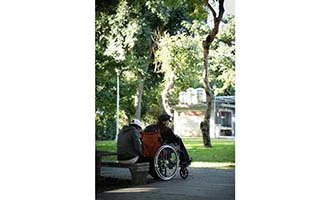
Who make for ideal caregivers?
-

Navigating Mumbai with Ease: Your Guide to Reliable Mobility and Elder Care Solutions
-

Advancements in Treatment and Care for Spina Bifida: What You Need to Know
-

Apps that keep you healthy
-

Apps make caregiving easier
-
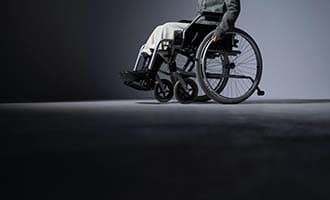
Tips for Buying the Best Mobility Equipment for Your Needs
-

The benefits of community care
-
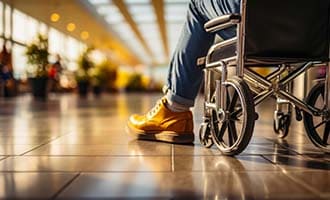
A Guide to Buy Mobility Equipment Online
-
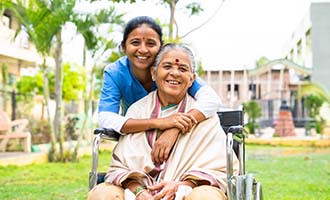
The benefits of elder care services
-

Senior care top tips
-

Dont stop moving!
-

A Complete Guide to Wheelchair Types and Their Prices in India
-

The Ultimate Guide to Wheelchair Accessories: Boost Your Independence Today
-
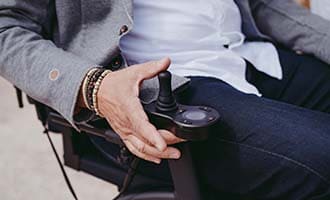
Choose your wheelchair well
-
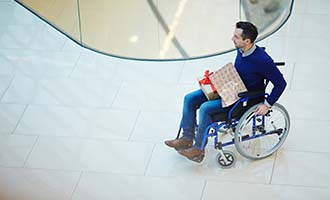
A Guide to Choosing the Right Handicapped Equipment for Your Needs
-

Tech that makes life better
-
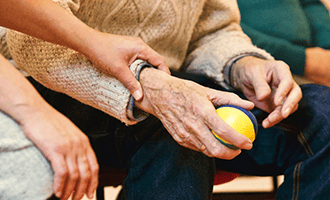
The Essential Guide to Finding the Best Patient Care Taker in Mumbai
-

Step into healthy living
-
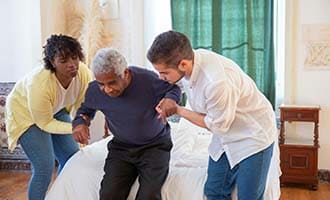
Different Types of Home Health Care Services in India
-

Dealing with the odds
-

Tips for Choosing the Right Health Service Provider
-

Apps that simplify life
-

Adapt your vehicle
-
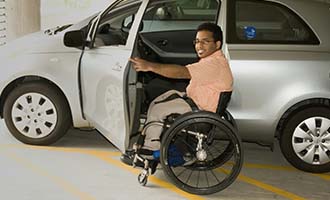
Mobility aids to the rescue
-

How to keep going with limited mobility
-

What do companion caregivers do?
-
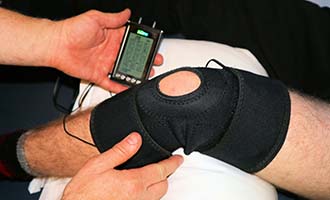
Rehab: The road to recovery









